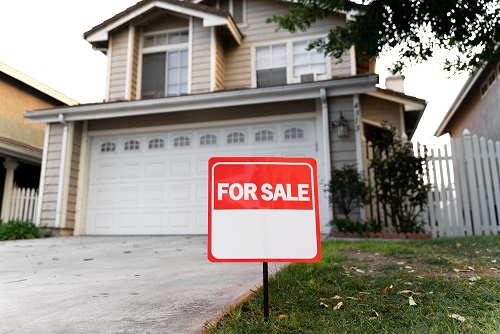Unlike senior debt, mezzanine loans are not directly collateralized by the underlying real estate. Instead, it is secured by a pledge of the mezzanine borrower's ownership interest in the property owner, which is the entity that owns the underlying real estate. If a borrower defaults, the mezzanine lender can foreclose on the pledged ownership interest and become the new owner of the entity that owns the real estate. Defaulting on a mezzanine loan has significant implications for both borrowers and lenders.
Introduction
Mezzanine debt is a popular financing option in the real estate industry. It provides borrowers with additional capital beyond the senior debt, allowing them to pursue larger projects or bridge the gap in financing. However, what happens if you default on a mezzanine loan? Understanding the implications of defaulting on this type of debt is crucial for both borrowers and lenders.
Mezzanine Debt vs Senior Debt
Unlike senior debt, mezzanine debt is not directly collateralized by the underlying real estate. Instead, it is secured by a pledge of the mezzanine borrower’s ownership interest in the property owner, which is the entity that owns the underlying real estate. This means that if a borrower defaults on a mezzanine loan, the mezzanine debt holders have the right to foreclose on the pledge and take over ownership of the entity that owns the property.
In contrast, when a borrower defaults on a senior loan, the senior debt holders have the right to foreclose on the real estate itself. This key difference between senior debt and mezzanine debt foreclosure rights is essential to understand the consequences of defaulting on each type of loan.
Foreclosure proceedings possible
If a borrower defaults on a mezzanine loan, the mezzanine lender can initiate foreclosure proceedings on the pledged ownership interest. As a result, the lender becomes the new owner of the entity that owns the real estate. It’s important to note that the real estate itself remains subject to the mortgage. Therefore, the mezzanine lender, as the new owner of the pledged entity, assumes the borrower’s responsibilities and obligations related to the property.
Senior Debt payments still obligatory
While mezzanine debt holders have recourse in the event of a default, they are still subject to the senior debt and must continue making senior loan debt service payments. This means that even if the mezzanine lender forecloses on the pledge and takes over ownership of the entity, they are still obligated to meet the requirements of the senior debt. Consequently, mezzanine lenders need to carefully assess the potential risks associated with default and consider the potential impact on their overall investment.
Mezzanine Debt vs Preferred Equity
Comparisons are often drawn between mezzanine debt and preferred equity, another hybrid financing option. Preferred equity represents a class of ownership senior to common equity and is structured as ownership shares rather than a loan. Preferred equity holders receive interest payments on their invested capital for a fixed term, similar to mezzanine debt holders. However, in the event of default, preferred equity holders do not have the right to foreclose on the pledge of ownership interest. Instead, they may have the ability to take control of the entity that owns the real estate from the common equity investors.
One advantage of mezzanine debt is that it typically carries less risk than common and preferred equity investments. Debt has priority over equity, meaning that in the event of a default and subsequent foreclosure, mezzanine debt holders have a higher chance of recovering their investment compared to equity investors. This lower level of risk makes mezzanine debt an attractive option for lenders seeking more security in their real estate investments.
Conclusion
In conclusion, defaulting on a mezzanine loan has significant implications for both borrowers and lenders. If a borrower defaults, the mezzanine lender can foreclose on the pledged ownership interest and become the new owner of the entity that owns the real estate. However, the lender must still fulfill the obligations of the senior debt. Understanding the foreclosure rights and the risk associated with mezzanine debt is crucial for all parties involved in real estate financing to make informed decisions and mitigate potential challenges that may arise in the future.



